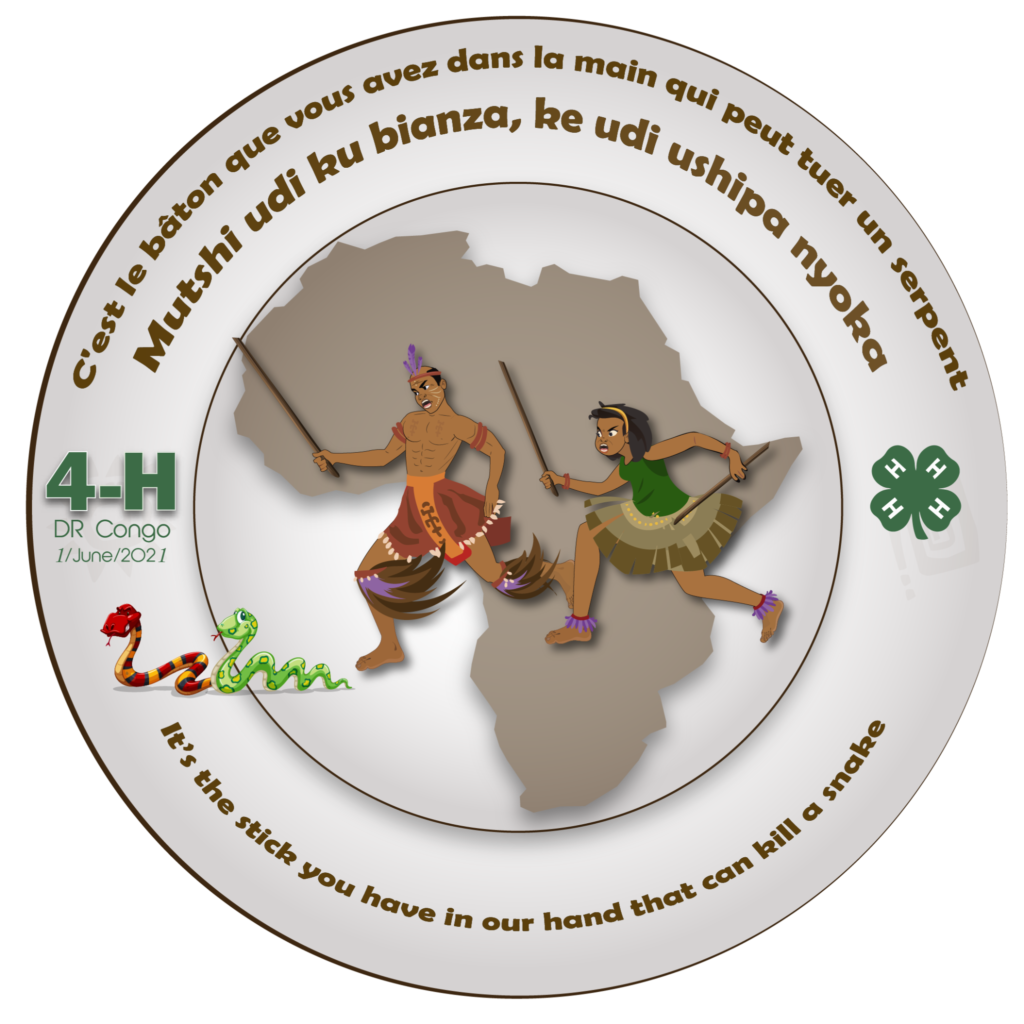Inventiveness and Innovation Programs
4-H DRC - Cibombo
The future success of the Democratic Republic of the Congo depends on its ability to deepen and cultivate the young minds of the next generation. The people in the Congo have the spirit of inventiveness and innovation. Ancestors and prior generations of Congolese have shown this spirit before, through, and after colonialism. However, that spirit has been dampened by tough economic times, instability, and well-intentioned aid that has created a dependency mindset. The Dr. Musau WaKabongo Science Education Foundation and 4-H Cibombo are working to awaken that spirit in today’s youth through various programs.
Together, they are working to build youth’s capacity to see the possibility of success beyond their current circumstances and how they can leverage inventiveness and innovation mindsets to maximize the use of the natural resources that surround them.
Below are the open-source technologies that are being taught to program participants and that are available for others to use.
Solar Bottle Bulb
The “Solar Bottle Bulb” is a simple, affordable, and sustainable solution for many families in Cibombo and Mpoyi who live without electricity or light.
What Is the Solar Bottle Bulb?
The Solar Bottle Bulb is made out of a used plastic soda bottle or water bottle, which is filled with water and liquid bleach. The bottle is then fixed into a hole in the roof. While light streaming through just the hole would come out in the form of a single, straight, narrow light beam, the water in the Solar Bottle Bulb refracts the light so that it can illuminate a larger space, 360 degrees around. The bleach keeps the water clean by preventing algae from forming. The Solar Bottle Bulb gives off 55 to 60 watts of clear light and lasts up to 10 months.
Benefits of the Solar Bottle Bulb
This innovative light bulb provides low-income Manila households with light. While traditional windows can easily crack or leak during severe weather, the Solar Bottle Bulb brings in even more light and helps save money and energy. Not only do the bulbs improve the lives of families, but they also improve the future and health of the environment by significantly reducing plastic waste.
A Liter of Light
The light bulbs were introduced to the Philippines by Illac Diaz, who established the MyShelter Foundation to develop a system of sustainability through projects that also create new skills and employment opportunities. His new project, “A Liter of Light,” has already helped light 10,000 homes in the Philippines with the Solar Bottle Bulb. Diaz was inspired by MIT engineer Amy Smith, who used similar technology during work in Haiti.

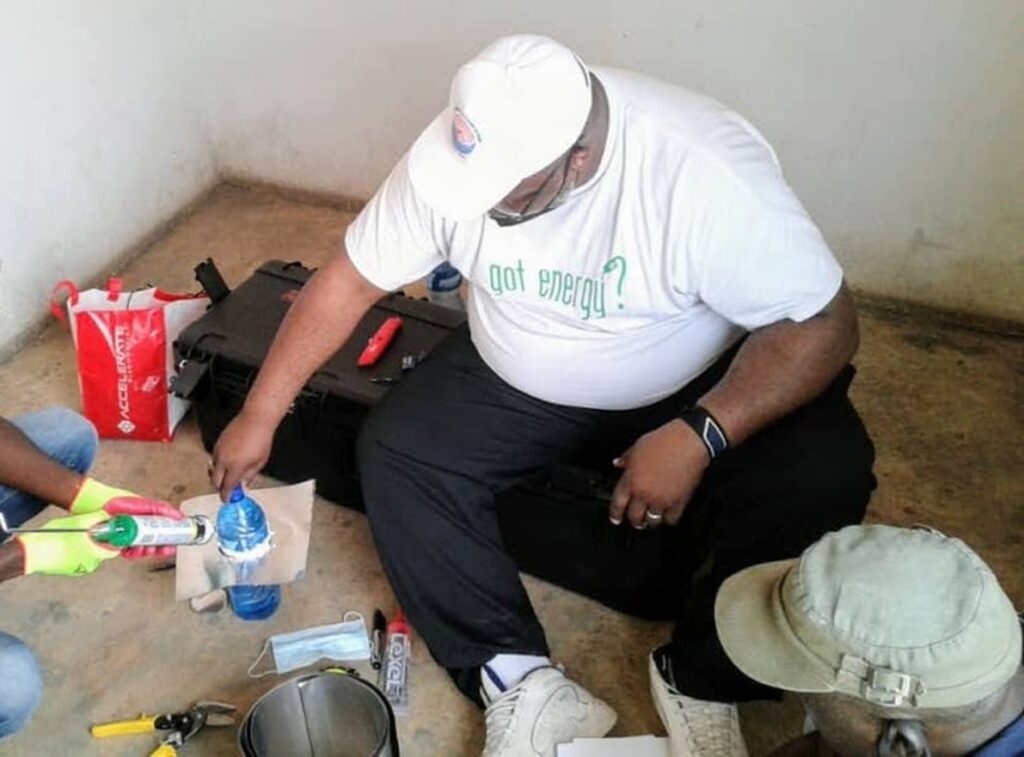

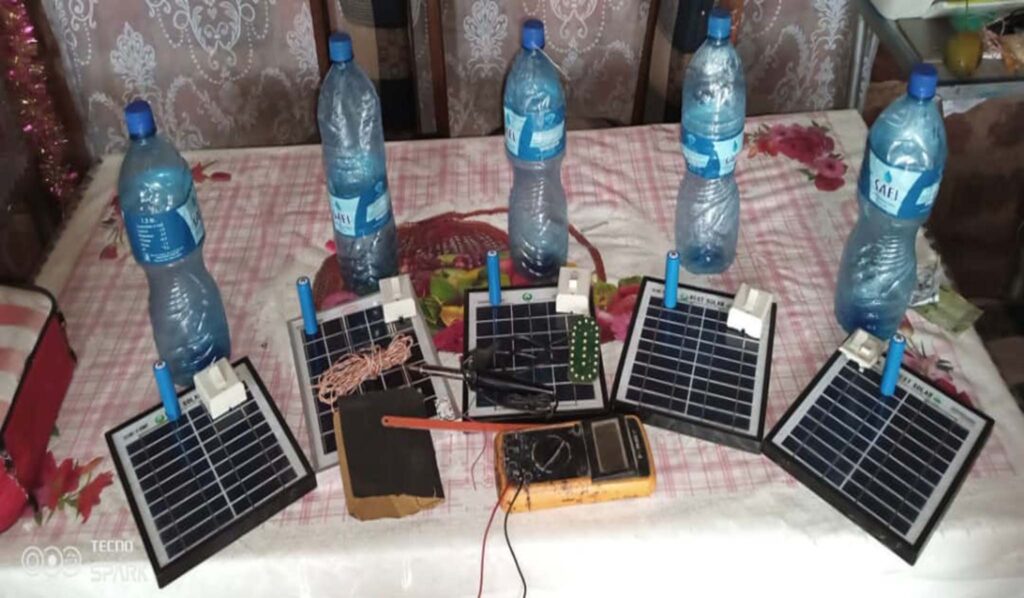

Building the Solar Bottle Bulb
Wonder Bag
The wonder bag concept originated in South Africa. It is a simple but revolutionary non-electric slow cooker. After a pot of food is brought to a boil and placed in a Wonderbag, the food will continue cooking for up to eight hours without any additional energy source. No battery, plug, or fuel is required – just simple heat retention technology.
Two and a half billion people still cook over an open fire each day. This causes significant emissions and widespread deforestation. It also burdens women with hours of unpaid labor and jeopardizes their health.
Participants in the program were introduced to the Wonder Bag and had the opportunity to learn how to make their own Wonder Bag.
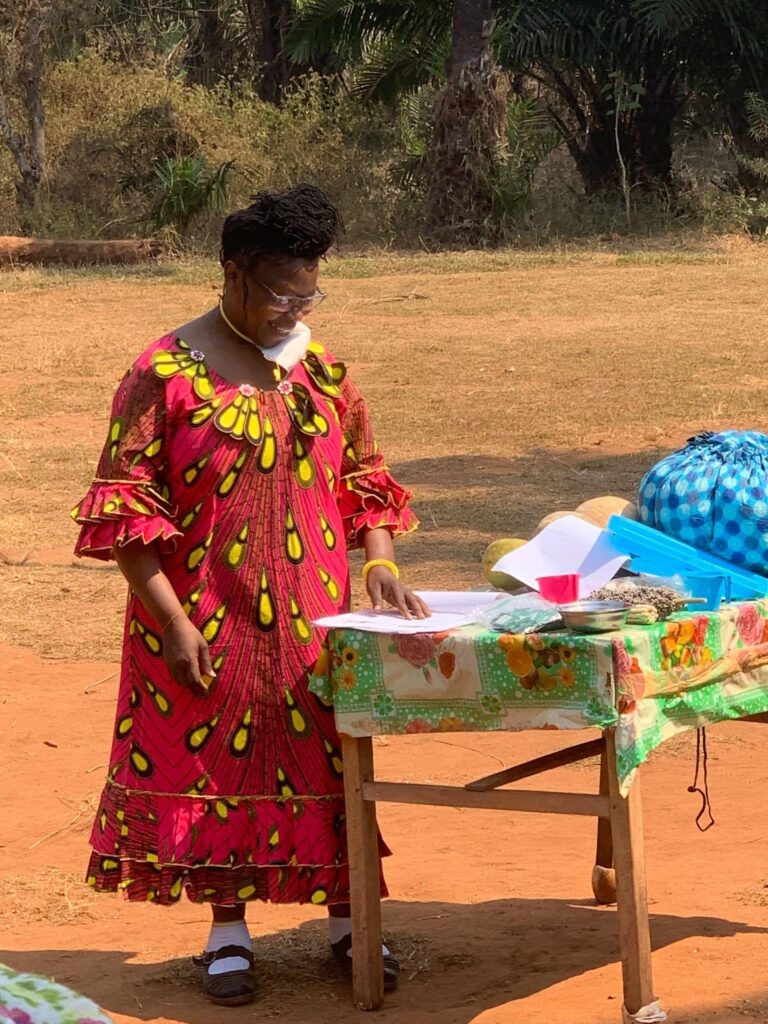

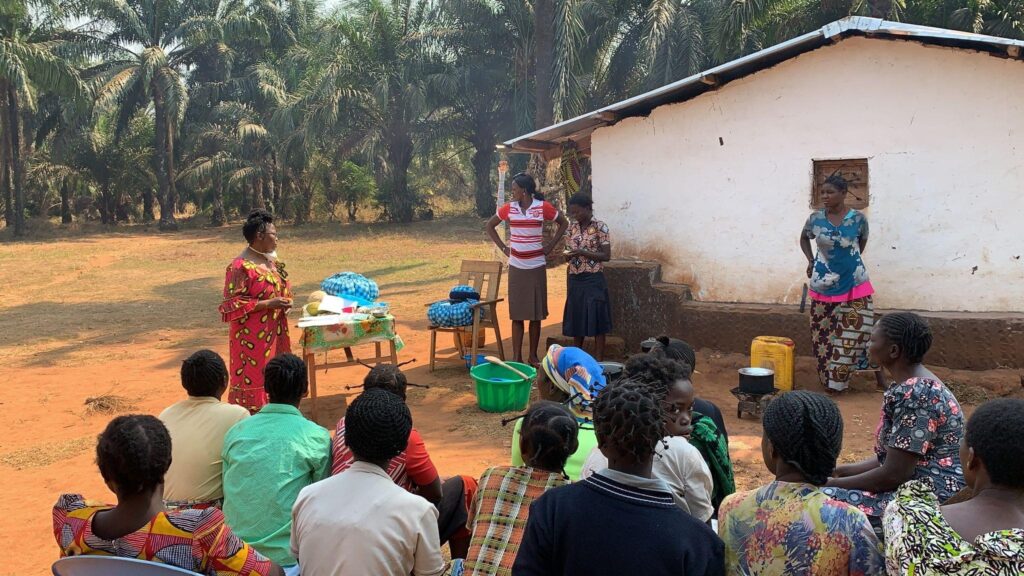

Tshiela Benda teaching on the importance of Wonder Bags and how to use them
Solar Cooking Solution
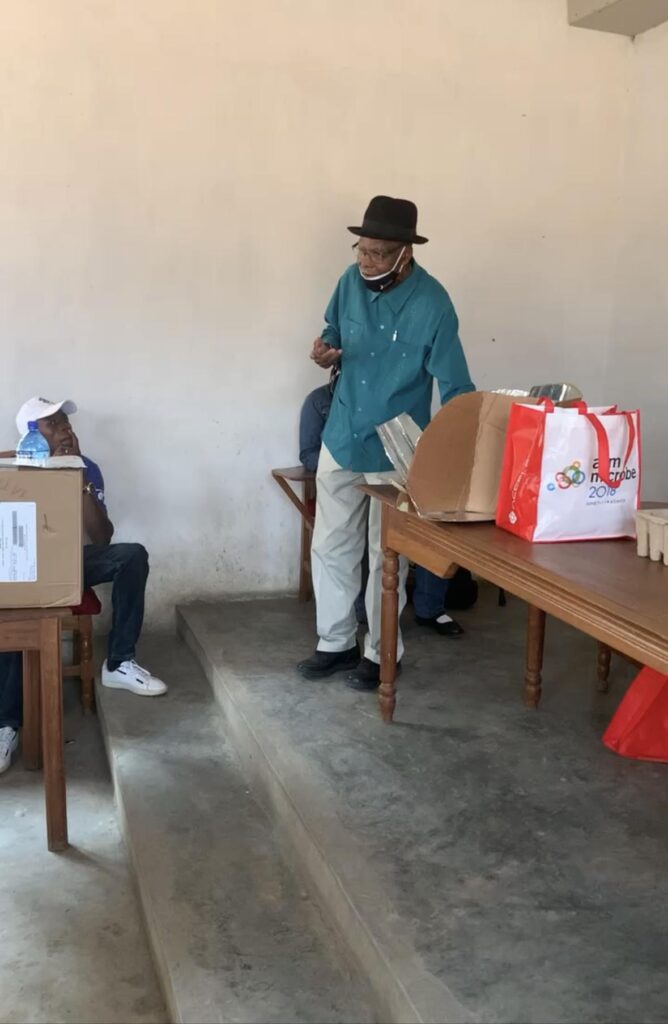
Dr. Tshilemalema Mukenge demonstrating the solar cook kit and its importance
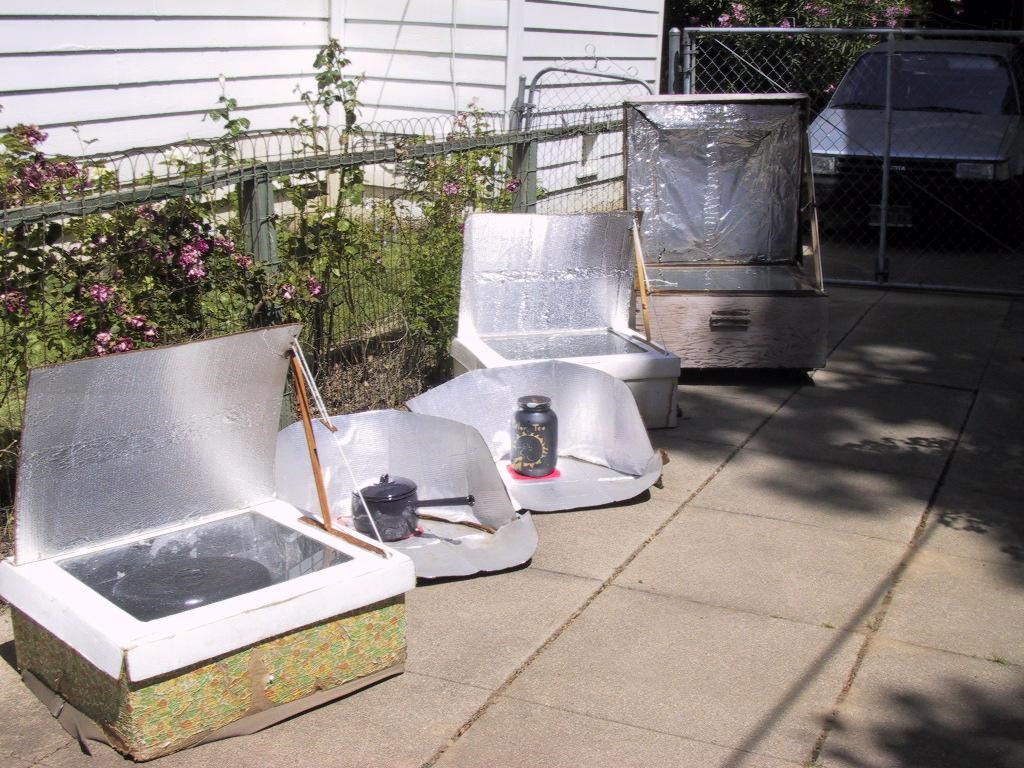
Different Solar Cookers
The United Nations Food and Agriculture Organization estimates that more than three billion people lack adequate cooking fuels. (Three billion people is 3,000,000,000 people – nearly eight times the population of the United States of America.)
In developing countries, like the Congo, many people spend as much money on fuel to cook their food as they spend on buying the food itself. Others spend over 40 hours a week gathering scarce firewood. Entire regions have been stripped of trees.
One solution to this challenge is solar cooking. No-emission solar energy to cook and make drinking water safe improves health, builds resilient families, breaks the cycle of poverty, boosts local economies, empowers women and children, and helps achieve all 17 United Nations Sustainable Development Goals (SDGs).
The Dr. Musau WaKabongo Science Education Foundation supports solar cooking and has started training its community on the benefits of solar cooking and the dangers of cooking over fires. The foundation has collaborated with Dr. Metcalf to share a design for the creation of a solar cooker. Dr. Metcalf is a Professor Emeritus in Biological Sciences at California State University in Sacramento and board president of International Water and Health Alliances.
Directions for creating your own solar cooker are available here
